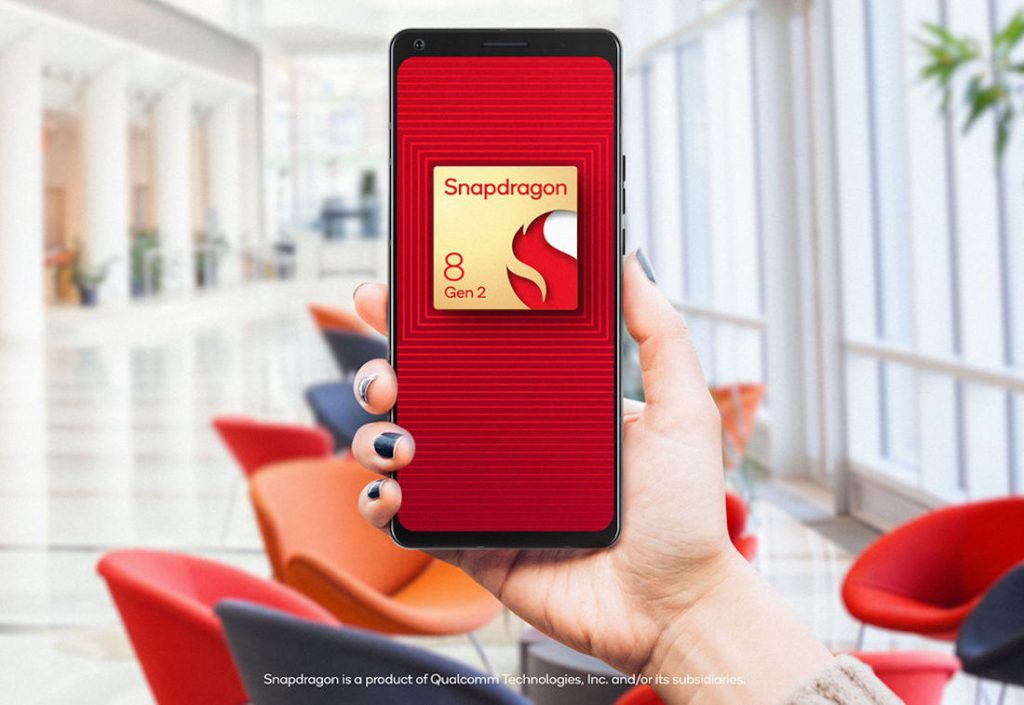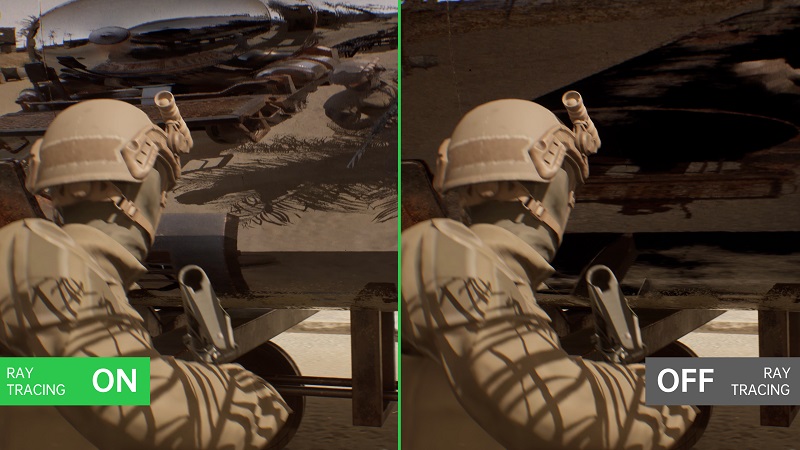
At the Snapdragon Summit 2022, OPPO and Qualcomm Technologies, Inc. announced that they have worked to add ray tracing technology to the Snapdragon 8 Gen 2 Mobile Platform. The company already confirmed that the OnePlus 11 will be powered by Snapdragon 8 Gen 2.
The understanding of mobile gamers’ needs accumulated by OnePlus since its inception plays an important role in this collaboration. In the spirit of “Never Settle,” OnePlus said that it is committed to giving users an immersive gaming experience by making high-end phones that are great for gaming.
Ray Tracing technology
“Ray Tracing” technology simulates reflection and refraction to mimic light and shadow effects as they emerge in reality. This requires high-end hardware, and the lack of space on mobile devices makes it hard to move this technology from PCs to mobile devices.

Mobile ray tracing improves game graphics and opens new doors for audio, autonomous driving, and VR producers. With ray tracing, developers can give their content realistic lighting effects without making shadows.
OnePlus assists in the co-development of ray tracing
OnePlus has its own community, and through the Open Ear Forum, OnePlus can better understand the needs and wants of the 30 million RCC members for mobile gaming, which drives its product development to give better and more immersive gaming experiences.
In recent years, companies have shifted AAA games from PCs to mobile. As a result, smartphone makers face hurdles. OnePlus has noticed this trend and has improved its screen, chipset, software optimization, and partnerships with game developers to enhance the gaming experience.
OnePlus 7 Pro was introduced in 2019 with a 2K+ OLED screen and a 90 Hz refresh rate, offering a smoother and more immersive smartphone gaming experience. Thanks to extensive collaboration with Fortnite, the OnePlus 8 and OnePlus 8 Pro were among the first phones to run the game at 90 FPS in 2020. OnePlus launched the Hyperboost engine in 2022, merging GPA, Frame Stabilizer, GLC, and LsTouch. This technology gives OnePlus devices a quick, smooth, and stable gaming experience.
OnePlus said that it worked with OPPO’s engineering team to investigate the most common gaming scenarios where ray tracing may be used. Based on this, mobile ray tracing was successful. OnePlus will work with partners to improve mobile gaming by developing mobile ray tracing and other technologies.
Speaking on the announcement, Kinder Liu, the COO and Head of R&D at OnePlus, said:
OnePlus strives for providing flagship performance products with fast and smooth experience to our fans. Thanks to our co-creation community, we are able to listen to our users’ needs and wants in mobile games and leverage this insight into our research and development. The introduction of mobile ray tracing technology extends our promise to mobile gamers to provide them a smooth and immersive gaming experience.